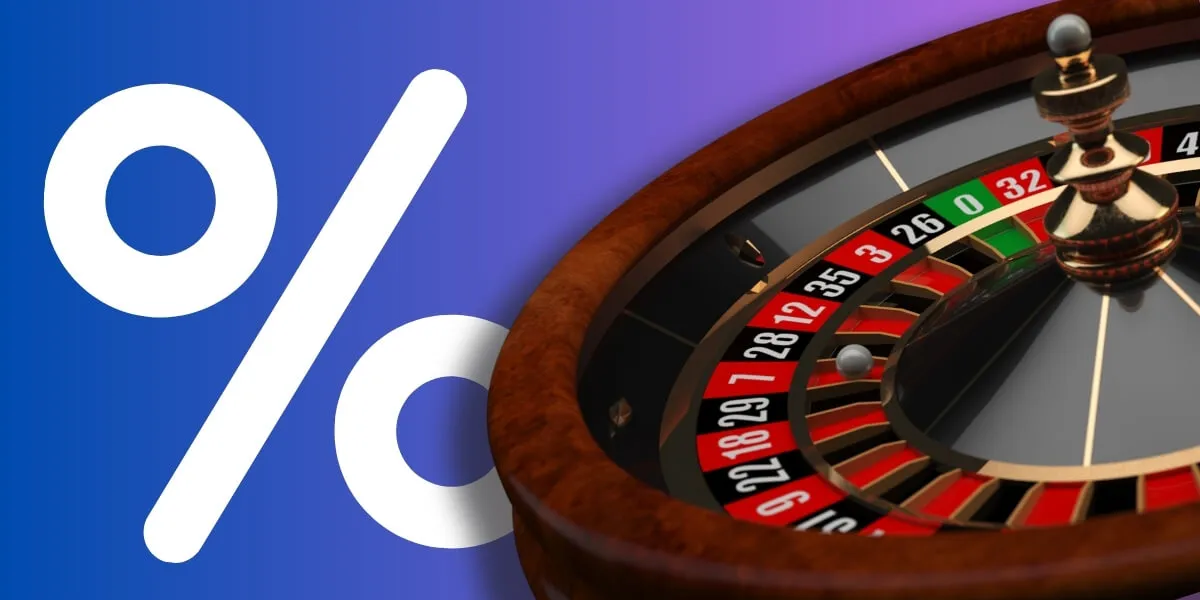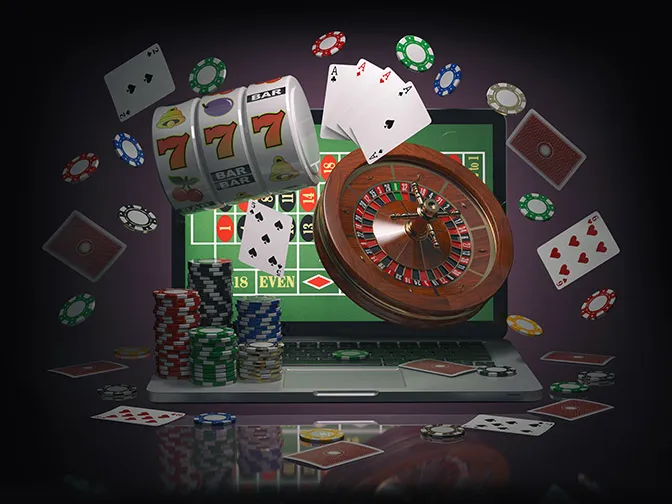As the saying goes, “the house always wins.” This is true to an extent, as casinos and other gambling establishments are designed to make a profit. However, understanding and recognizing fluctuations in house odds can greatly increase your chances of success in gambling. In this article, we will explore the concept of house odds, how they fluctuate, and tips for identifying and taking advantage of these fluctuations. So if you’re ready to up your gambling game, read on!
What are House Odds?

Before we dive into fluctuations, it’s important to understand what house odds actually are. In simple terms, house odds refer to the advantage that a casino or gambling establishment has over its players. This advantage is built into the games themselves, ensuring that the house always has a higher chance of winning in the long run.
One way to think about house odds is through the concept of expected value. Expected value is the average amount that a player can expect to win or lose on a particular bet. For example, if a bet has an expected value of $100, it means that over time, a player can expect to either win or lose $100 on that bet. The house always sets their odds so that the expected value is in their favor, ensuring their profitability.
It’s also important to note that house odds vary depending on the game being played. Some games, like slot machines, have a higher house edge (more on this later) than others. This is why it’s crucial to understand the odds of the game you’re playing before placing any bets.
Now that we have a basic understanding of house odds, let’s explore how they can fluctuate.
Factors That Influence House Odds

House odds are not static – they can fluctuate based on various factors, which can work in both the gambler’s favor and the house’s favor. Understanding these factors can help you recognize when the odds are in your favor and when you should be more cautious.
Game Variations
The first factor that influences house odds is the type of game being played. As mentioned earlier, each game has its own unique odds and expected value. For example, the house edge for slot machines can range from 2% to 15%, while the house edge for blackjack can range from 0.5% to 2%. This means that if you’re playing a slot machine with a 2% house edge, the expected value for every $100 bet is $98, while the expected value for every $100 bet on blackjack with a 0.5% house edge is $99.50. Understanding these variations can help you choose games with better odds, increasing your chances of success.
Number of Decks/Shoe Size
Another factor that affects house odds is the number of decks or the size of the shoe in card games. In games like blackjack, the more decks that are used, the higher the house edge. This is because it becomes harder for players to keep track of which cards have been played, making it more difficult to make strategic decisions. So if you come across a blackjack table with a smaller shoe size (less decks), it may be in your favor to play as the house edge will be lower.
Betting Options and Payouts
The betting options and payouts also play a role in determining house odds. Games with high payouts, such as roulette, often have a higher house edge. This is because the more ways there are to win, the lower the chances are of actually winning. On the other hand, games with lower payouts, such as craps, tend to have a lower house edge. This is because there are fewer ways to win, but the chances of winning are higher. Understanding the payout structure and betting options can help you make more informed decisions when it comes to placing bets.
Skill Level and Strategy
Skill level and the use of strategy can also impact house odds. In games like poker, where players are playing against each other rather than against the house, a player’s skill and strategic decision-making can greatly affect their chances of winning. Skilled players who know when to raise, fold, or bluff can turn the odds in their favor, even if the initial house edge is not in their favor. This is why it’s important to not only understand the odds of the game but also develop and hone your skills and strategies.
Time of Day/Week
Believe it or not, the time of day or week can also influence house odds. It’s a common belief that casinos loosen their odds during off-peak hours in order to attract more gamblers and keep them playing longer. On weekends or holidays when the casino is busier, the house may tighten their odds in order to maximize profits. While there is no concrete evidence to support this theory, it’s something to keep in mind when choosing when to gamble.
Location
Last but not least, the location of the casino or gambling establishment can also affect house odds. Different regions and countries have different laws and regulations regarding gambling. These laws can impact the house odds, making them either more favorable for the gambler or the house. For example, in some areas, casinos are required to pay out a certain percentage of their earnings, which can lead to better odds for players. Do some research on the laws and regulations in the area you’re gambling in to get a better understanding of how they may impact the house odds.
Now that we’ve explored the various factors that can influence house odds, let’s move on to some tips for recognizing and taking advantage of these fluctuations.
Tips for Recognizing and Taking Advantage of House Odds Fluctuations

As a gambler, it’s crucial to recognize when the odds are in your favor and when they’re not. Here are some tips to help you identify and take advantage of fluctuations in house odds.
Do Your Research
The first step in recognizing fluctuations in house odds is to do your research. As we’ve discussed, house odds can vary depending on numerous factors, so it’s important to understand these variations before placing any bets. Take the time to learn the rules, odds, and expected value of the game you’re interested in playing. You can also use online resources or consult with experienced gamblers for more insights and tips.
Keep Track of Game Variations
As we mentioned earlier, different variations of a game can have different house odds. For example, in roulette, American roulette has a higher house edge (5.26%) compared to European roulette (2.7%). Keeping track of these variations can help you choose games with better odds.
Look for House Edge Indicators
Some casinos may display the house edge for certain games, while others may not. If you’re unable to find this information, look for other indicators such as payout ratios or odds charts. These can give you a better understanding of the house edge for a particular game.
Pay Attention to Table Limits
Table limits can also indicate fluctuations in house odds. Higher table limits typically mean that the house edge is lower, while lower table limits usually mean that the house edge is higher. This is because casinos often adjust their table limits based on the house edge of a particular game.
Take Advantage of Bonuses and Promotions
Many casinos offer bonuses and promotions that can decrease the house edge for specific games. These can range from free spins on slot machines to match bonuses on deposits. Keep an eye out for these offers and take advantage of them when possible, as they can greatly increase your chances of winning.
Know When to Walk Away
Last but not least, it’s crucial to know when to walk away. Even if the odds may seem to be in your favor, luck can quickly change in gambling. Set a budget for yourself and stick to it, and don’t chase your losses. It’s always better to walk away with some winnings rather than losing all of your money.
Conclusion

In conclusion, house odds are an important aspect of gambling that can greatly affect your chances of winning. By understanding the factors that influence these odds, you can recognize fluctuations and take advantage of them to increase your chances of success. Remember to do your research, keep track of game variations, take advantage of bonuses and promotions, and know when to walk away. With these tips in mind, you’ll be well on your way to becoming a more successful gambler. Happy betting!

